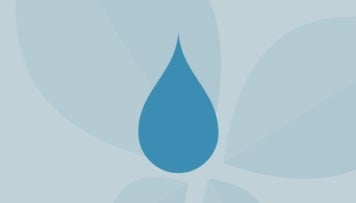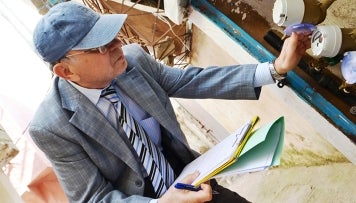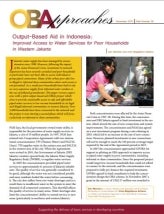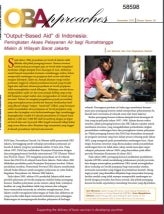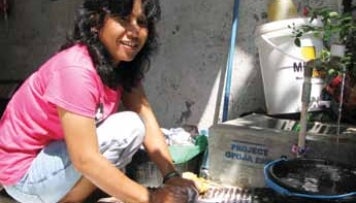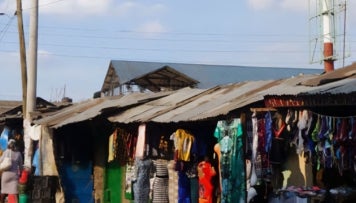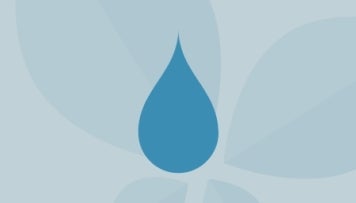
Jakarta, Indonesia, November 1, 2007 – The Global Partnership on Output Based Aid (GPOBA) has signed today a grant agreement with the PT Pam Lyonnaise Jaya (PALYJA), for US$2,573,140 that will subsidize the cost of water supply connections for households in a number of poor communities in Western Jakarta. PALYJA, a subsidiary of French group Suez Environment, is one of the two concessionaires that, since 1998, has been contracted through a 25-year Cooperation Agreement to provide water supply services in Western Jakarta, serving a population of some 2.5 million.
The project will benefit up to 11,600 individual households in poor communities in the western concession area of Jakarta. In partnership with DKI Jakarta, a number of pilot schemes will be developed to introduce piped water into a number of informal communities where, to date, PALYJA has not been authorized to extend its network. It is estimated that 2,200 of the total of 11,600 households will be located in these informal communities.
GPOBA will be distributing funds based on two measurable outputs – the provision of a working household connection, and the delivery of acceptable service for a period of three months. Each eligible household will make a contribution towards the cost of the connection, with a higher subsidy proposed for the pilot informal communities.“It has been a challenge to develop this output-based aid (OBA) scheme within the economic constraints of the concession arrangements in Jakarta. As a result we designed, with PALYJA, a highly innovative risk sharing mechanism for output delivery”, says Patricia Veevers-Carter, GPOBA’s Program Manager.
The project recognizes that following the Asian financial crisis of 1997/98, severe pressure has been placed on concession contracts to constrain tariff increases. This has resulted in a significant downsizing of investment plans, and corresponding reduction in network expansion and connectivity rates. With raw water shortages in the city, the impact of reduced investment has particularly hit the poor communities of Jakarta, where households are forced to use unsafe or very expensive alternative supply sources.
An important aspect of the project has been the active involvement of stakeholders, “without the active support and engagement of key stakeholders such as DKI Jakarta, PDAM Jaya and the Regulatory Body it would not have been possible to develop a sustainable approach to supplying poor and informal communities in Jakarta”, commented PALYJA’s President Director Mr. Thierry Krieg.
GPOBA was established in 2003 as a multi-donor trust fund to develop output-based aid (OBA) approaches across a variety of sectors including infrastructure, health and education. OBA subsidies are designed to create incentives for efficiency and the long-term success of development projects. GPOBA’s current donors are the UK’s Department of International Development (DFID), the International Finance Corporation (IFC), which is a member of the World Bank Group, the Directorate-General for International Cooperation of the Dutch Ministry of Foreign Affairs (DGIS), and AusAid of Australia. The grant agreement signed on November 1, 2007 was funded out of IFC’s and DFID’s contribution to GPOBA.
